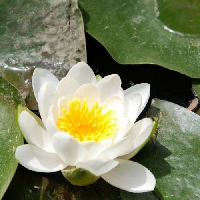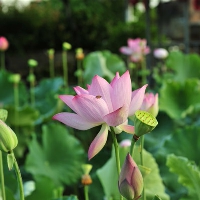The two units are at the same level and coordinate with each other. There is no question of who leads who.
Both the Ministry of Finance and the People's Bank of China (PBOC) are part of the State Council, and they are not subordinate to each other. The Ministry of Finance and the People's Bank of China are important macro-economic control departments in China. Their division of labor is different. The Ministry of Finance is in charge of fiscal policy, and the People's Bank of China is in charge of monetary policy.
It is generally considered that the Ministry of Finance is responsible for the formulation and implementation of the national budget. To put it bluntly, the Ministry of Finance is in charge of the country's money bag. The Ministry of Finance has the power to control the country's financial revenue. The Ministry of Finance should allocate all expenditures for national construction, national defense, state organs, public institutions and so on.
The People's Bank of China is in charge of formulating and implementing monetary policies, issuing RMB, managing the circulation of RMB, preventing and resolving financial risks, maintaining financial stability, and managing the country's foreign exchange reserves and gold reserves. It can be said that the RMB you hold and the deposits in your bank account are all liabilities of the People's Bank of China.
Generally speaking, the Ministry of Finance has the power to control the country's money; The People's Bank of China has money, because the People's Bank of China has the right to issue money. As long as the money printing machine is activated, it can produce countless "money".











